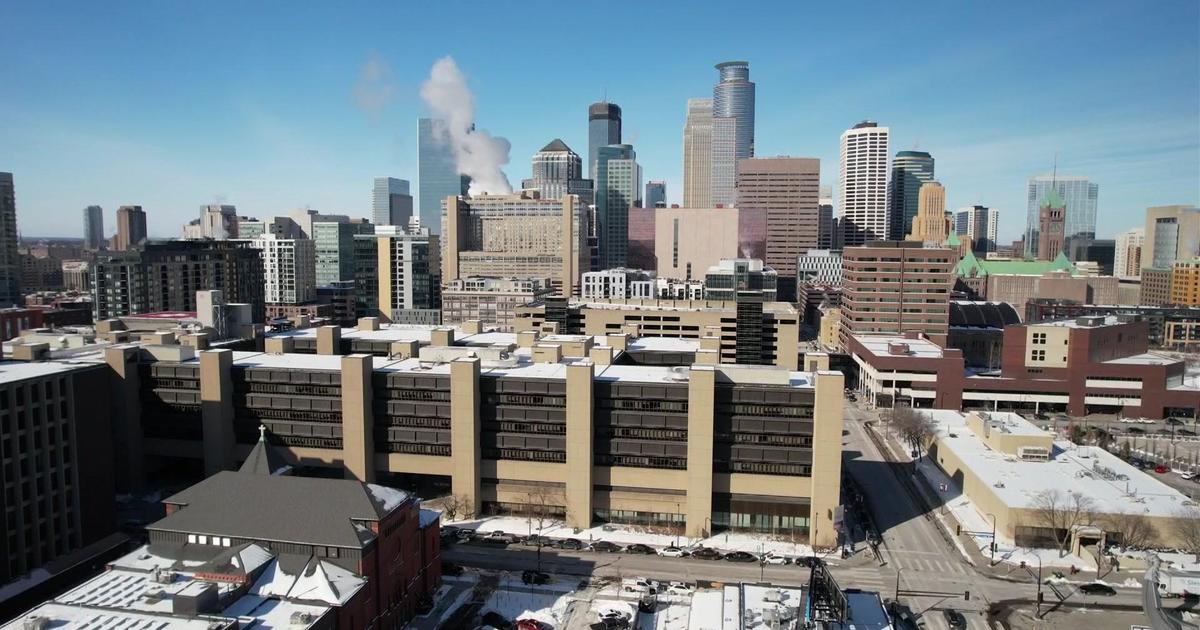How the Great Recession destroyed the American Dream
In the decade since the 2008 financial crisis, the American economy has, by most metrics, recovered what it lost. Most Americans are employed; inflation is acceptable; and GDP is currently expanding at the fastest rate in 13 years. But despite the economy's recent strength, America has not addressed the deepening inequality that has been growing for three decades, eroding many citizens' faith in its future, New York Magazine argues in its latest issue.
The scars from the Great Recession can be seen in everything from declining birth rates to flat wages said Eric Levitz, an associate editor at the magazine. "The Great Recession is the moment Americans lost faith…but this dream has been in decline for decades," Levitz told CBSN.
That decline is visible in the numbers. Today's largest generation — millennials — are significantly more indebted than Baby Boomers were at their age. Many carry a substantial student loan debt burden, while the median household income is the same as it was in the 1970s, in inflation-adjusted terms. Even though more young people work full-time today than 40 years ago, far fewer of them own their homes. One-third live with their parents.
A Census study last year showed how far young adults have fallen. In 1976, nearly half had completed four "markers of adulthood" by age 34: Entered the labor force, left their parents' home, gotten married and had a child. In 2016, only 24 percent had done so by the same age.
"The idea that anyone can get a basic level of security if they work hard and follow the rules…we've never been able to achieve that," said Levitz.
After World War II, many white Americans were much closer to attaining the goal of the "American Dream" than they are now, with more access to good-paying jobs and heavily subsidized college education back then.
That deal started falling apart in the 1980s, but the generally expanding economy of the 1990s masked the underlying trend. By the time the 2000s came around, Americans' wages had been flat for some time, although rising home values and easy access to credit made many feel more secure.
The financial crisis killed off that illusion. Today, the thought of stability — let alone riches — feels unattainable for many Americans, Levitz said. "This is called the 'American dream' and not the 'American reality' for a reason."



